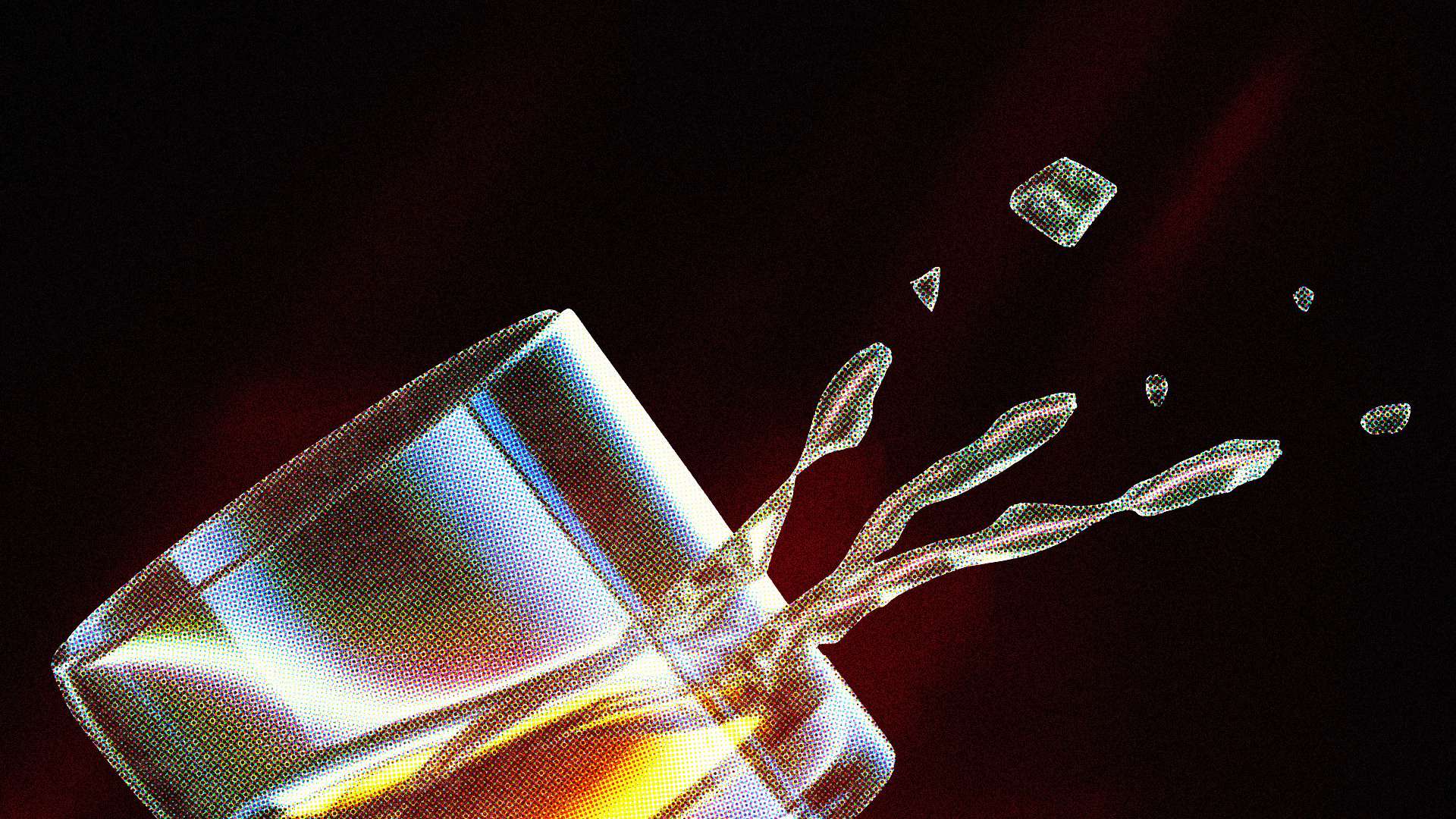Image by Claus van Mierlo from Pixabay
Resveratrol is commonly associated with red wine, but it is also present in red grapes, apples, peanuts, and other sources. It is known for its antioxidant properties, like many other polyphenols.
However, resveratrol stands out for its additional impressive characteristics.
Resveratrol for Anti-Aging and Longevity
Resveratrol is highly regarded in the longevity field for its ability to combat signs of aging caused by sun exposure and oxidative stress. It triggers a biochemical process that boosts NAD+ and sirtuin activity, crucial for ATP production and metabolic efficiency.
Furthermore, resveratrol activates AMP-activated protein kinase (AMPK), enhancing ATP production while conserving existing ATP. It can also inhibit mTOR, promoting autophagy and longevity.
Additionally, resveratrol has been linked to protecting telomeres, crucial for biological aging.
Resveratrol as an Antimicrobial
Resveratrol, also known as Japanese Knotweed, is used for Lyme Disease due to its antimicrobial properties. It not only kills organisms but also disrupts biofilms, communication between organisms, and reduces biotoxin production.
It is effective against bacteria, viruses, and fungi.
Resveratrol for Brain and Intestinal Barrier Support
Resveratrol can cross the blood-brain barrier, enhancing cognition and protecting neuronal energy. It also aids in balancing the gut microbiome and protecting the intestinal barrier.
Resveratrol Protects Against Cancer
Resveratrol not only acts as an antioxidant but has been shown to halt cancer cell differentiation.
Resveratrol Helps Balance Blood Sugar
Resveratrol improves insulin sensitivity, reduces markers of metabolic syndrome, and helps regulate blood sugar levels.
The Upshot
While getting sufficient resveratrol from food sources may be challenging, incorporating it into your diet can still be beneficial. From a longevity perspective, resveratrol is a noteworthy nutrient to consider.
Can you please rewrite this sentence?
Source link






